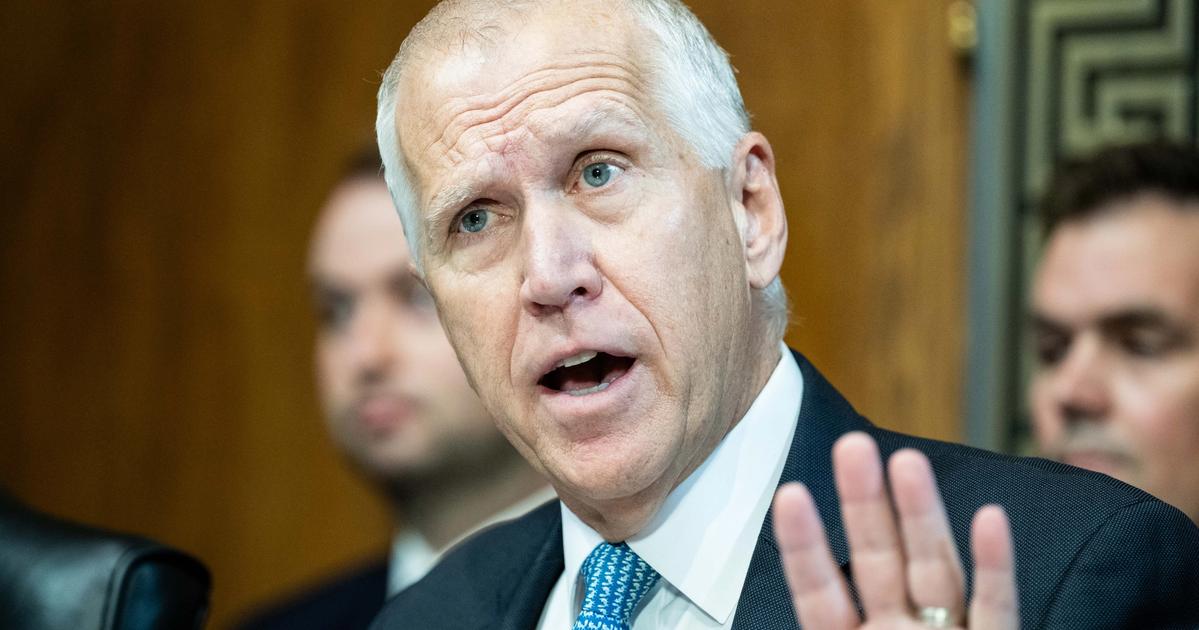Tillis’ comments are the latest sign that, if elected, Trump could face obstacles in pushing through another corporate rate cut, one of the signature economic achievements of his first term. Most of the Republican senators approached by Semafor didn’t want to endorse lowering that rate to 15%, given the scale of the task before them next year. Economists previously told Semafor that a six-percentage-point reduction in the corporate rate carries a price tag ranging from $700 billion to $910 billion over 10 years.
And in 2025, Congress must deal with a suite of expirations in the US tax code, encompassing individual income tax brackets, standard deductions and personal exemptions, among other pieces. Republicans in the House and Senate are starting to discuss how to handle those changes, as groups like the Business Roundtable prod lawmakers to preserve the 21% corporate rate.
“We’re going to have to look at all those things holistically and not just piecemeal because the federal government spends $6 trillion a year,” Sen. John Cornyn, R-Tx, who’s mounting a bid to be the next Senate GOP leader, told Semafor. “I think we’re in a new and different point where we can’t just look at those issues under a soda straw. I’m happy to consider all of that.”
Corporate Tax Rate Debate
Another Republican member of the Senate Finance panel suggested that a 15% corporate rate would actually increase taxes on some large companies. “You’re talking about the corporate rate; you’ve got to deal with everything else on it,” GOP Sen. James Lankford told Semafor. “There’s some companies right now paying an effective rate of around 10%. So 15 [percent] would actually be higher for them.”
On Thursday, GOP senators blocked a $79 billion tax package from advancing in that chamber in a 49-43 vote. Three GOP senators broke ranks to band with Democrats in the procedural vote, which included expanding the child tax credit: Sens. Josh Hawley of Missouri, Rick Scott of Florida and Markwayne Mullin of Oklahoma. Independent Sens. Joe Manchin of West Virginia and Bernie Sanders of Vermont, a pair who caucus with Democrats, voted no, arguing the measure didn’t do enough to help working families.






